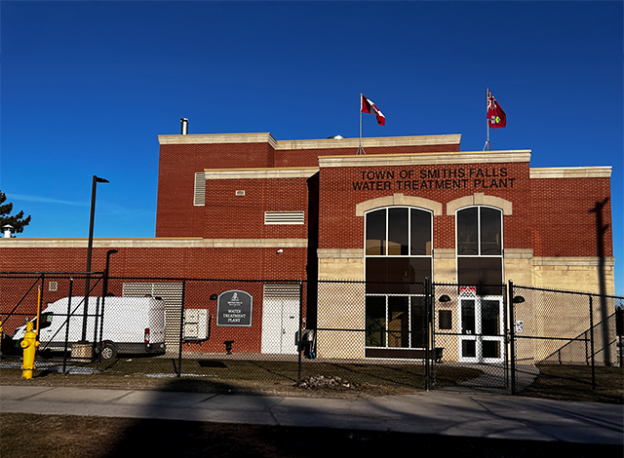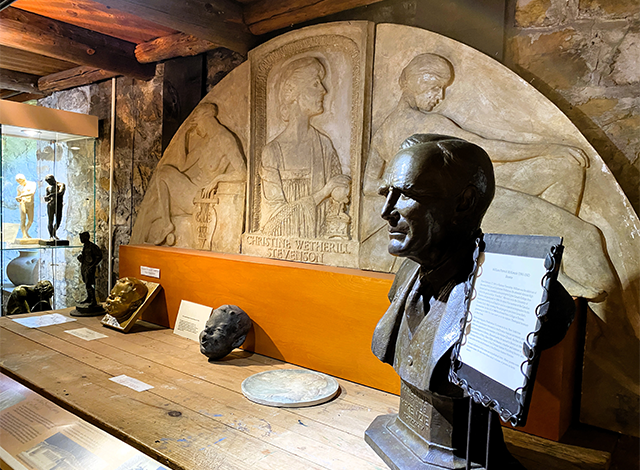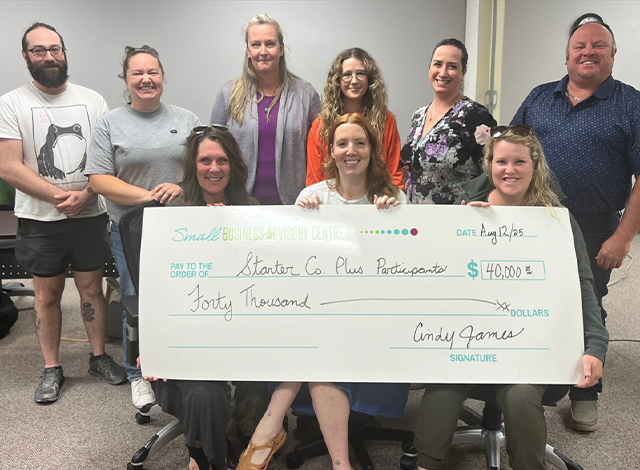LAURIE WEIR
SMITHS FALLS — Smiths Falls council has approved awarding a $1.7-million contract to Neptune Technology Group Canada Co. to replace more than 2,200 aging residential water meters by the end of 2026.
“I was surprised there was only one submission. Is that surprising, or only company?” Coun. Chris McGuire asked during the Aug. 25 meeting.
Manager of Water/Wastewater Andrew MacNaughton explained that Neptune manufactures its own equipment and integrates it with the technology already in use in Smiths Falls.
“Neptune is the manufacturer of their own equipment. They don’t have to purchase from a third-party company. … We’ve already replaced approximately one third (of the metres to be replaced), and the requirements of this is that it would be fitted into the system we already got,” he said.
Maintaining a consistent system was a major factor in recommending Neptune’s proposal, MacNaughton added. He noted that purchasing new metre-reading devices would cost about $20,000 each, and having a partial Neptune system would increase costs.
“So what we’re looking at is obviously something that would adapt … the software had to work within that framework … when you’re the sole source and you’re the manufacturer, anybody else would have to purchase that metre, so there would have to be some sort of agreement with Neptune to be able to manage that program and purchase the material,” he said.
Mayor Shawn Pankow pointed to the additional cost of about $58,000 tied to U.S. tariffs. MacNaughton said much of the brass used in water meters is sourced from China.
“Currently through the political turmoil we seem to be experiencing globally, tariffs are a big conversation,” he said. “This is the current framework. This project is going to start in 2025 and finish in 2026. If the political landscape has changed (by 206), that charge may not be what it is.”
He cautioned that delaying the project could expose the town to higher costs. Approving the work now locks in current pricing through 2026.
Coun. Steve Robinson asked about staff time savings.
MacNaughton said meter reading now takes about 10 days each month, but with the new remote-read technology it will be cut to about two days, freeing staff to focus on other work.
Director of Public Works Paul McMunn said that the benefit is not direct cost savings but increased capacity.
“It’s not a matter of cost savings … it’s a redistribution of staff time,” McMunn said. “We run a lean distribution department … essentially eight days per month’s time, or 96 hours a year, we can reallocate that time to other operations like flushing, valve turning, hydrant replacement. It’s very much a redistribution of their time.”
MacNaughton also tied the upgrades to reduced water losses, which amount to between $80,000 and $100,000 annually, depending on meter efficiency.
“We had 400,000 cubic metres of non-revenue water last year. That alludes to about 30 per cent of water treatment plant production,” he said. “Allowing us to put more time into leak detection will allow us to be more fiscally responsible.”
Council ultimately supported the staff recommendation.
A total of $825,000 was approved in the 2025 capital budget for the program, with another $825,000 planned during 2026 budget deliberations. The project was originally estimated at $1.65 million, funded from capital water reserves. Additional funds required in 2026, $57,946.76, will also come from reserves.
Stay up to date on all Smiths Falls news here.
















